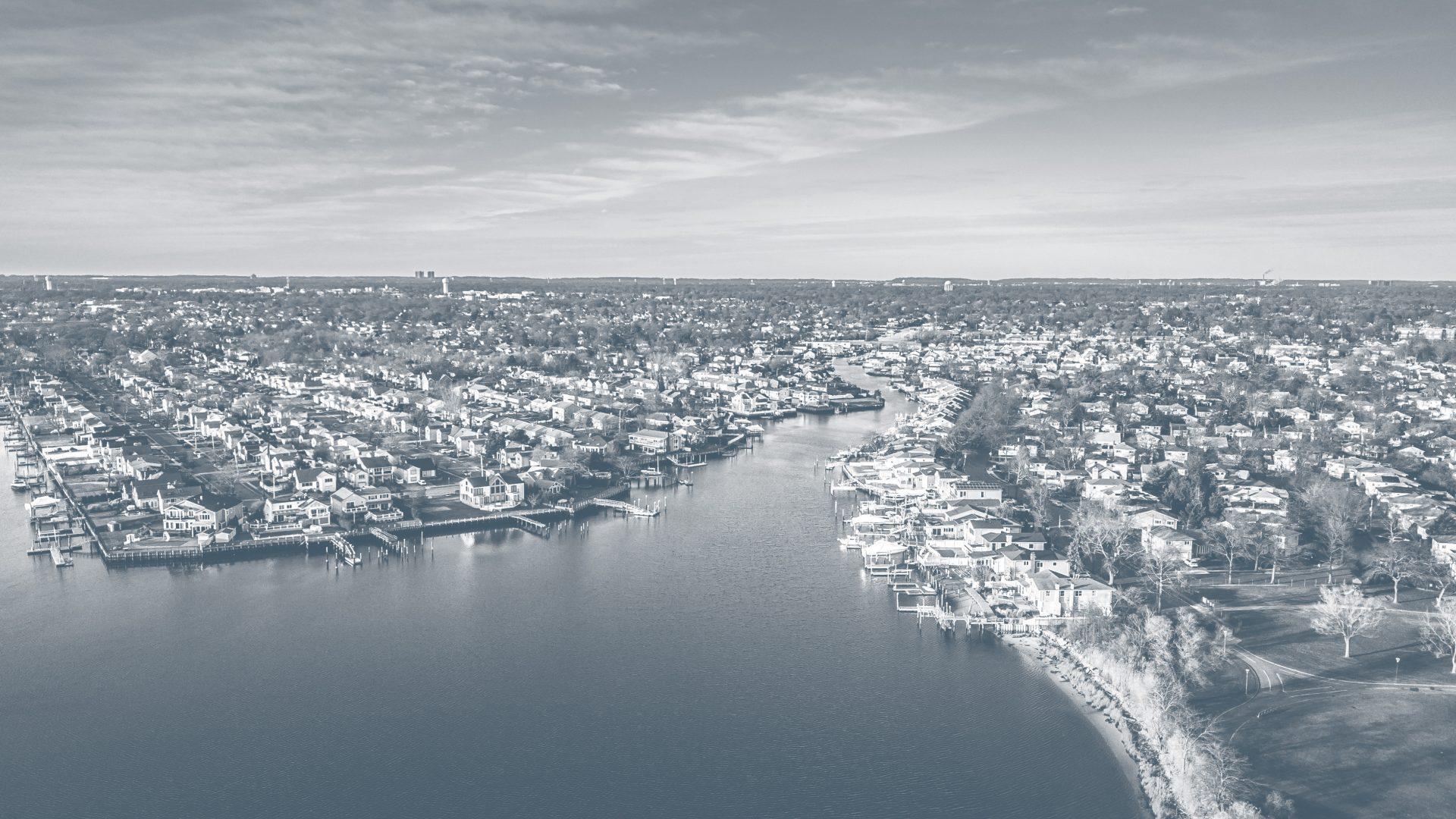
Foundation Services
The foundation of a construction project is the underlying base that provides stability and support to the entire structure. It is a critical component of any building, ensuring that the weight of the structure is evenly distributed and that it remains anchored to the ground, preventing any potential shifts or collapses. The design, type, and depth of a foundation are determined by various factors, including soil conditions, groundwater levels, the type of structure being built, and the expected load it will carry.
There are several types of foundations commonly used in construction:
Slab-on-Grade Foundation: This is a single, thick slab of concrete that is laid directly on the ground. It is suitable for areas with a stable ground condition and is commonly used in warmer climates where the ground doesn’t freeze and cause the foundation to crack.
Crawl Space (or Pier and Beam) Foundation: This type of foundation elevates the house off the ground, creating a space (or crawl space) underneath. It’s beneficial in damp or termite-prone areas, allowing for better ventilation and access to plumbing and electrical systems.
Basement Foundation: A basement is a type of foundation that provides an additional living or storage space below the ground level. It involves excavating the site to a depth that allows for both the foundation and a usable space beneath the main level of the home.
Pile Foundation: Used in areas with weak or unstable soil, pile foundations involve driving long, sturdy columns (usually made of steel or reinforced concrete) deep into the ground until they reach a more stable layer of soil or bedrock. The structure’s weight is then distributed across these piles.
Raft or Mat Foundation: This is a large slab that covers the entire footprint of the building, distributing the load across a larger area. It’s used when the soil has a low bearing capacity, and the building load needs to be spread out.
The process of laying a foundation typically begins with site excavation, followed by setting up the formwork, which is a temporary mold into which concrete is poured. Depending on the foundation type, reinforcements might be added to provide additional strength. Once the concrete is poured and set, the formwork is removed, and further construction can proceed on top of the foundation.
Regular inspections and maintenance of the foundation are crucial to ensure the longevity and safety of the structure. Over time, foundations can develop issues such as cracks, settling, or shifting due to various factors like soil movement, water damage, or natural disasters. Addressing these issues promptly through foundation repair services is essential to prevent more significant structural problems.



Construction Foundation Services & Pricing
Constructing a foundation is a critical step in any building project, providing stability and support for the entire structure. Below is a table that outlines some general services, descriptions, and estimated pricing ranges for construction foundation services. Note that actual costs can vary widely based on specific project requirements, materials, and other factors.
| Service | Description | Estimated Pricing |
|---|---|---|
| Design and Planning | Creating designs and plans for the foundation, ensuring compliance with local building codes. | $500 – $3,000 |
| Permit Acquisition | Obtaining necessary permits from local authorities. | $200 – $1,500 |
| Site Preparation | Clearing the site, excavating, and preparing the ground for foundation construction. | $1,500 – $5,000 |
| Foundation Construction | Building the foundation, which may involve pouring concrete, setting blocks, or other methods. | $5,000 – $30,000 |
| Waterproofing | Applying waterproofing measures to prevent moisture issues in the foundation. | $500 – $3,000 |
| Drainage and Grading | Ensuring proper drainage around the foundation and grading the land to direct water away. | $1,000 – $5,000 |
| Inspection | Having the foundation inspected to ensure it is structurally sound and complies with codes. | $300 – $1,000 |
| Backfilling | Replacing soil around the foundation after construction is complete. | $500 – $1,500 |
| Foundation Coating | Applying a protective coating to the foundation to resist soil pressure and water ingress. | $500 – $3,000 |
| Final Cleanup | Cleaning up the construction area, removing debris, and preparing the site for the next construction phase. | $500 – $2,000 |
Additional Notes:
Foundation Type: The type of foundation (slab, crawl space, full basement, etc.) will significantly impact the cost.
Material Choice: The choice of material (concrete, block, pier, etc.) also affects the price.
Size and Complexity: The size and complexity of the foundation will directly impact the cost of materials and labor.
Labor: Labor costs can vary based on the contractor’s experience, expertise, and regional rates.
Additional Features: Additional features like radon mitigation systems or specialized waterproofing can also add to the overall cost.
Understanding the Costs of Constructing a Foundation
Constructing a foundation is a critical step in any building project, providing the necessary support to the entire structure. The costs associated with laying a foundation can vary significantly, with an average expense of $9,100, though projects can range anywhere from $5,200 to a staggering $148,000. The final cost is influenced by several factors, including the size and type of foundation, as well as labor and material prices in your specific area. On a per-square-foot basis, foundation costs can range from $5 to $37, with different types of foundations, such as monolithic slabs, pier and beam, stem wall, crawl space, block, and basement, each having their own cost implications.
Key Cost Factors:
- Labor: Labor costs can consume 40% to 60% of the project total, with homeowners spending an average of $4,500 to $18,500 to pour a foundation.
- Materials: The type of foundation, whether it be a basement or a monolithic slab, will influence material costs. Additional considerations include waterproofing, insulation, and drainage systems.
- Permits: Obtaining building permits, which may require soil analysis reports and foundation/site plans, can cost between $450 and $2,300.
- Soil Testing: Conducting a geotechnical soil test, which is crucial for determining the soil type and its ability to support a foundation, can cost approximately $1,000 to $5,000.
- Location: The geographical location and its associated factors, such as flood-prone areas and soil conditions, can also impact the cost.
Foundation Types and Associated Costs:
- Concrete Slab: $5,200 to $21,000
- Monolithic Slab: $5,200 to $13,000
- Stem Wall: $7,000 to $21,000
- Pier and Beam: $8,000 to $15,000
- Pile: $20 to $60 per linear foot (additional to chosen foundation type)
- Basement: $24,000 to $148,000
- Crawl Space: Around $10,000
- Garage: $2,000 to $7,000
- Block: $11,500 to $19,000
Additional Considerations:
Grading and Excavation: Costs range from $2 to $10 per square foot, influenced by soil conditions and foundation type.
Sealing and Drainage: Essential for preventing water damage, sealing can cost $1,900 to $7,300, and installing a drainage system can range from $1,100 to $6,500.
Foundation Inspection: Ensuring the foundation’s safety and compliance, inspections typically cost between $300 and $1,300.

 MANHATTAN
250 Park Avenue
MANHATTAN
250 Park Avenue LONG ISLAND
100 Duffy Ave
LONG ISLAND
100 Duffy Ave WESTCHESTER COUNTY
73 Market Street
WESTCHESTER COUNTY
73 Market Street FAIRFIELD COUNTY
1000 Lafayette Blvd
FAIRFIELD COUNTY
1000 Lafayette Blvd